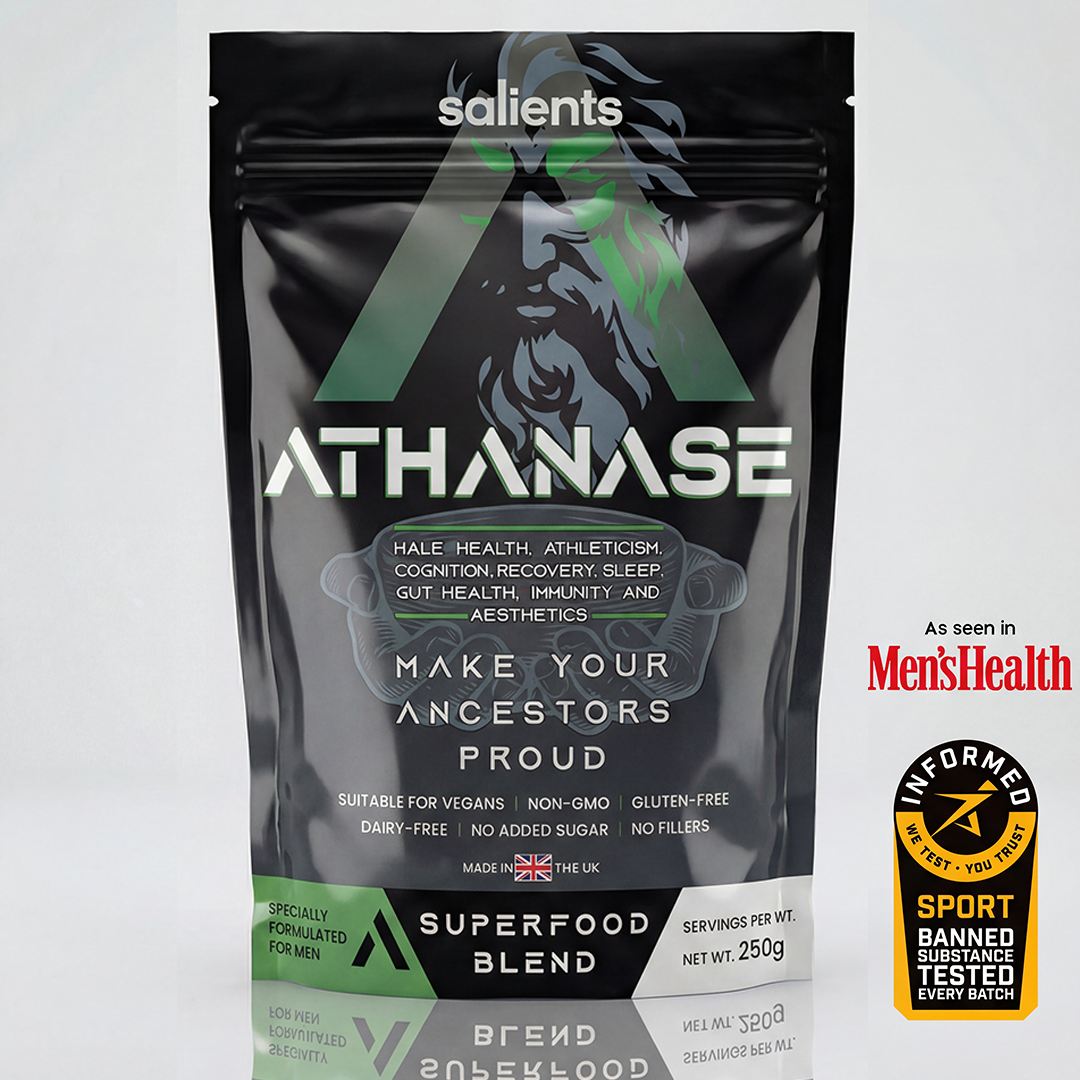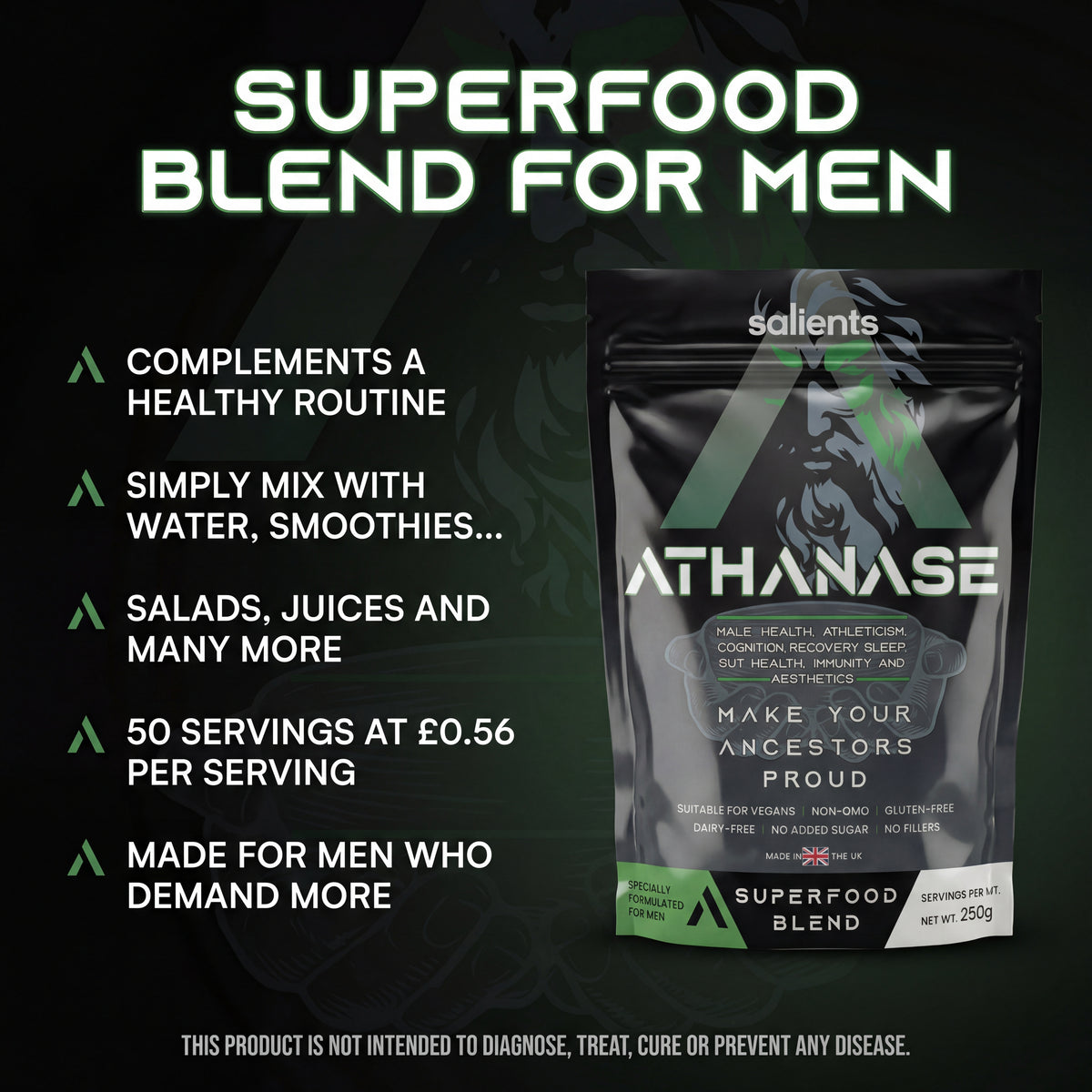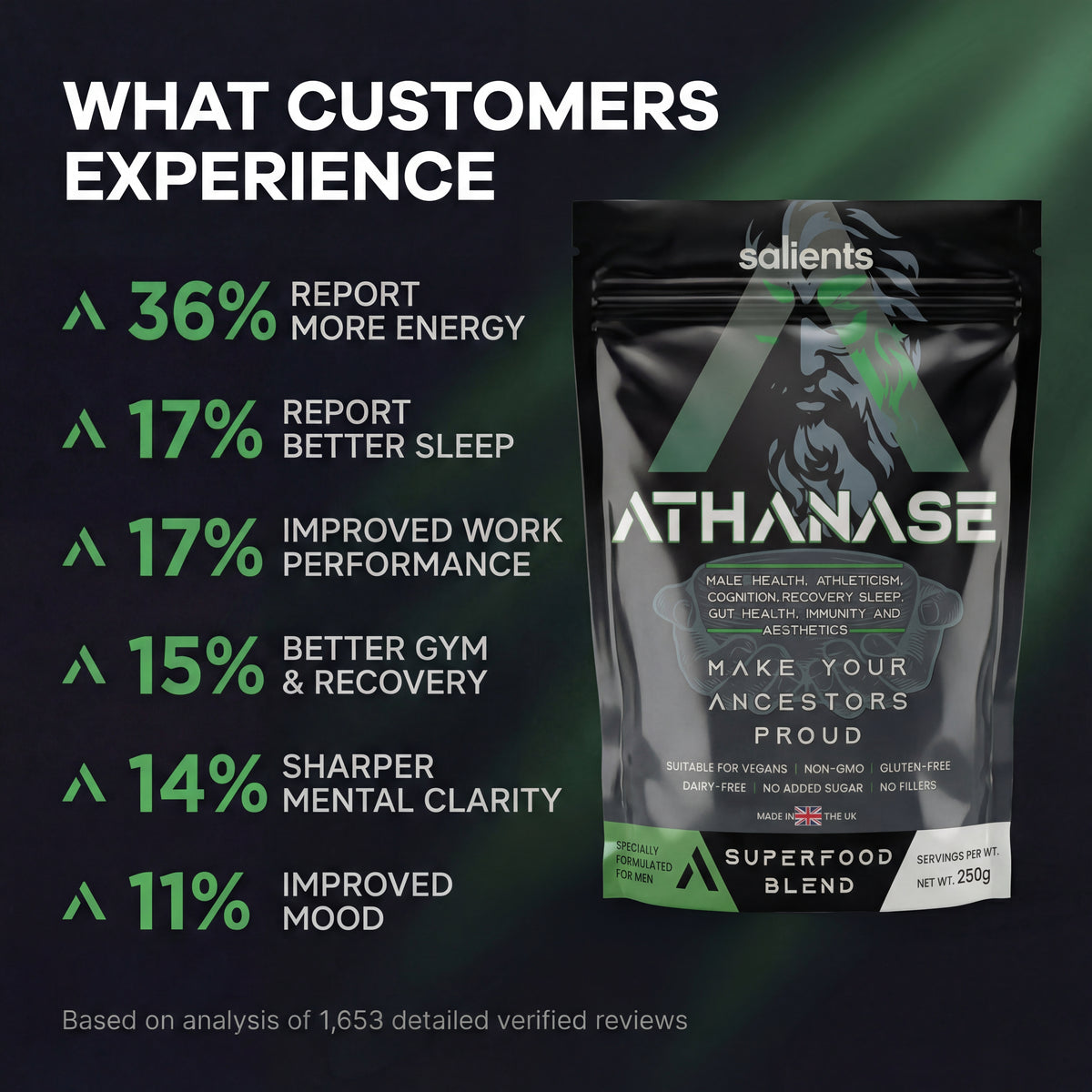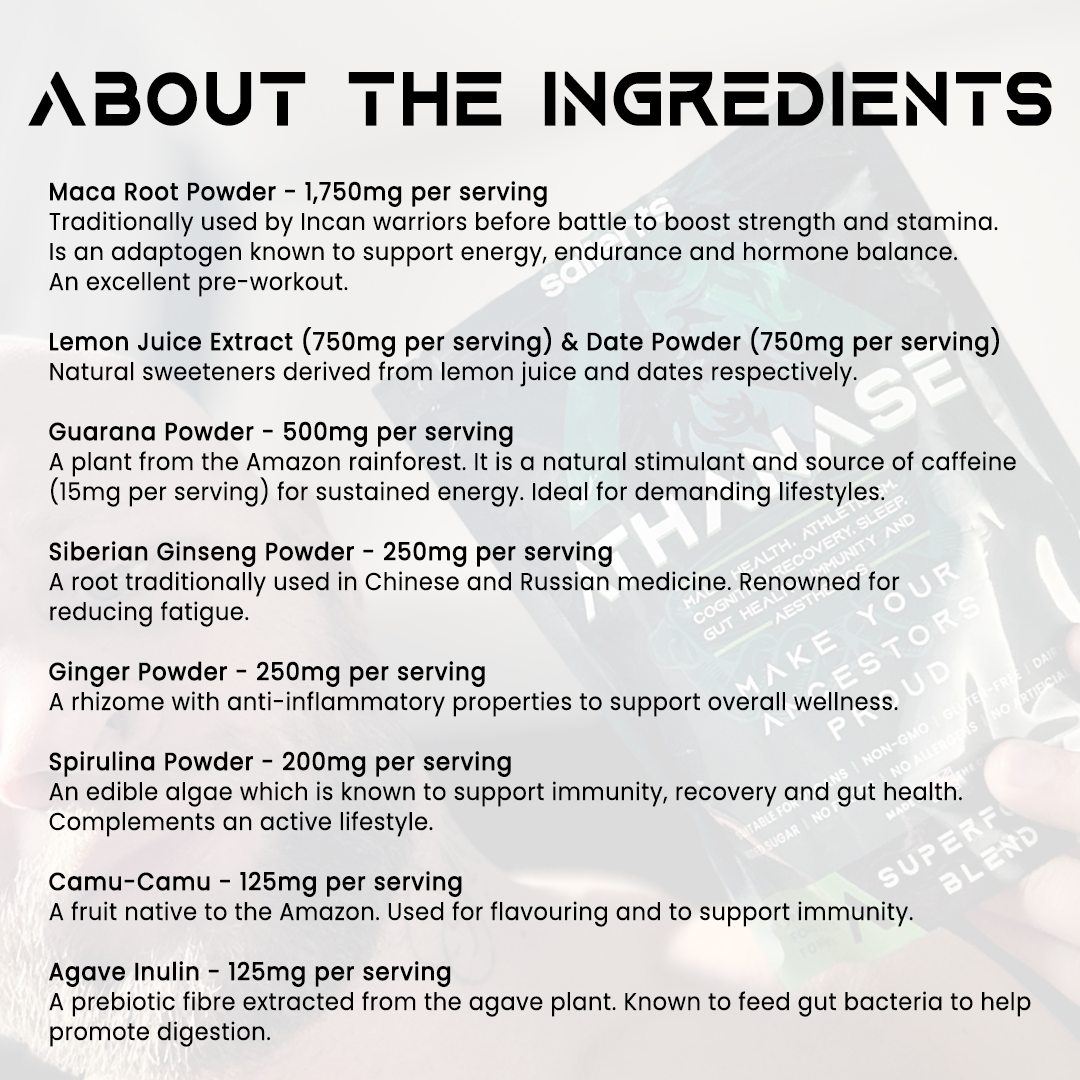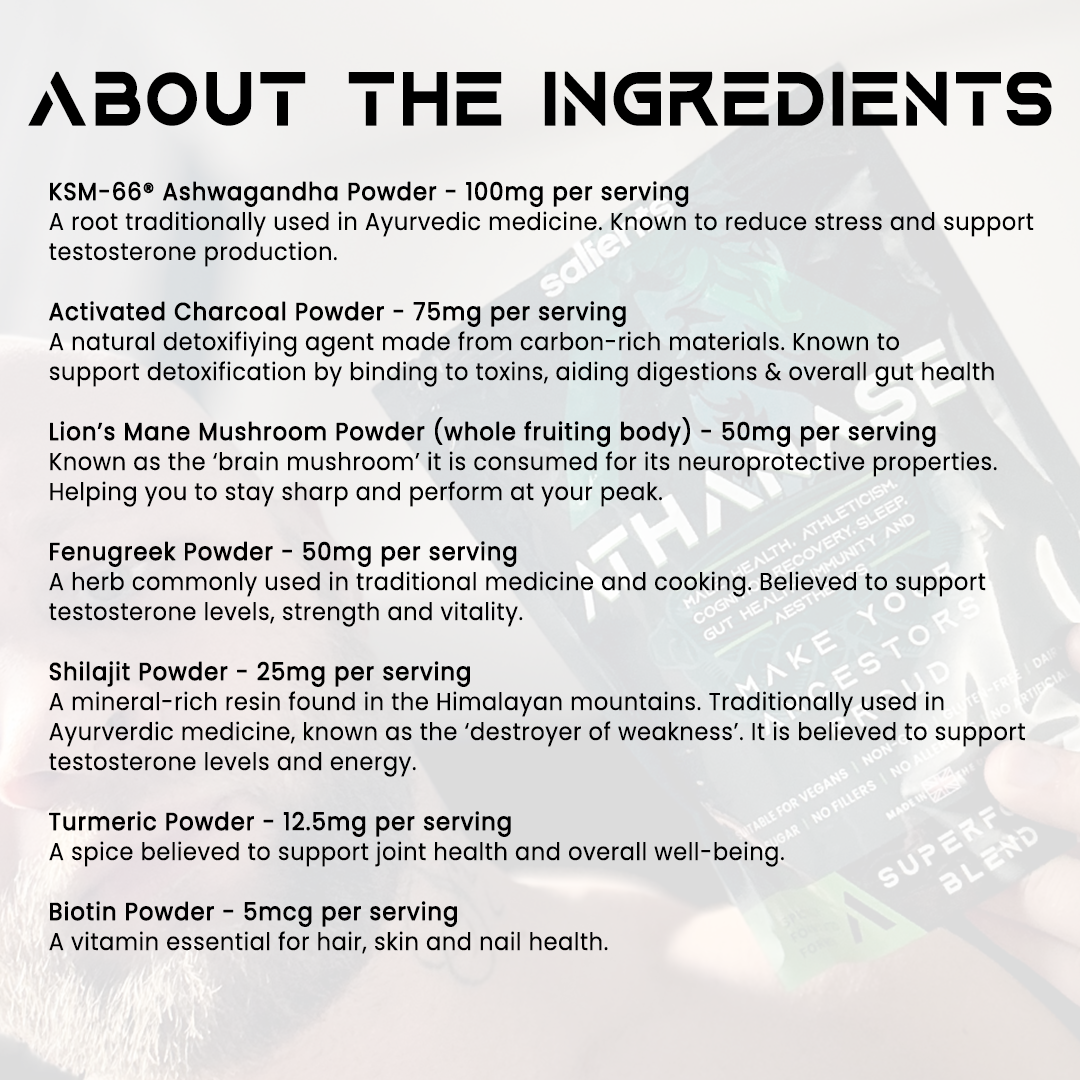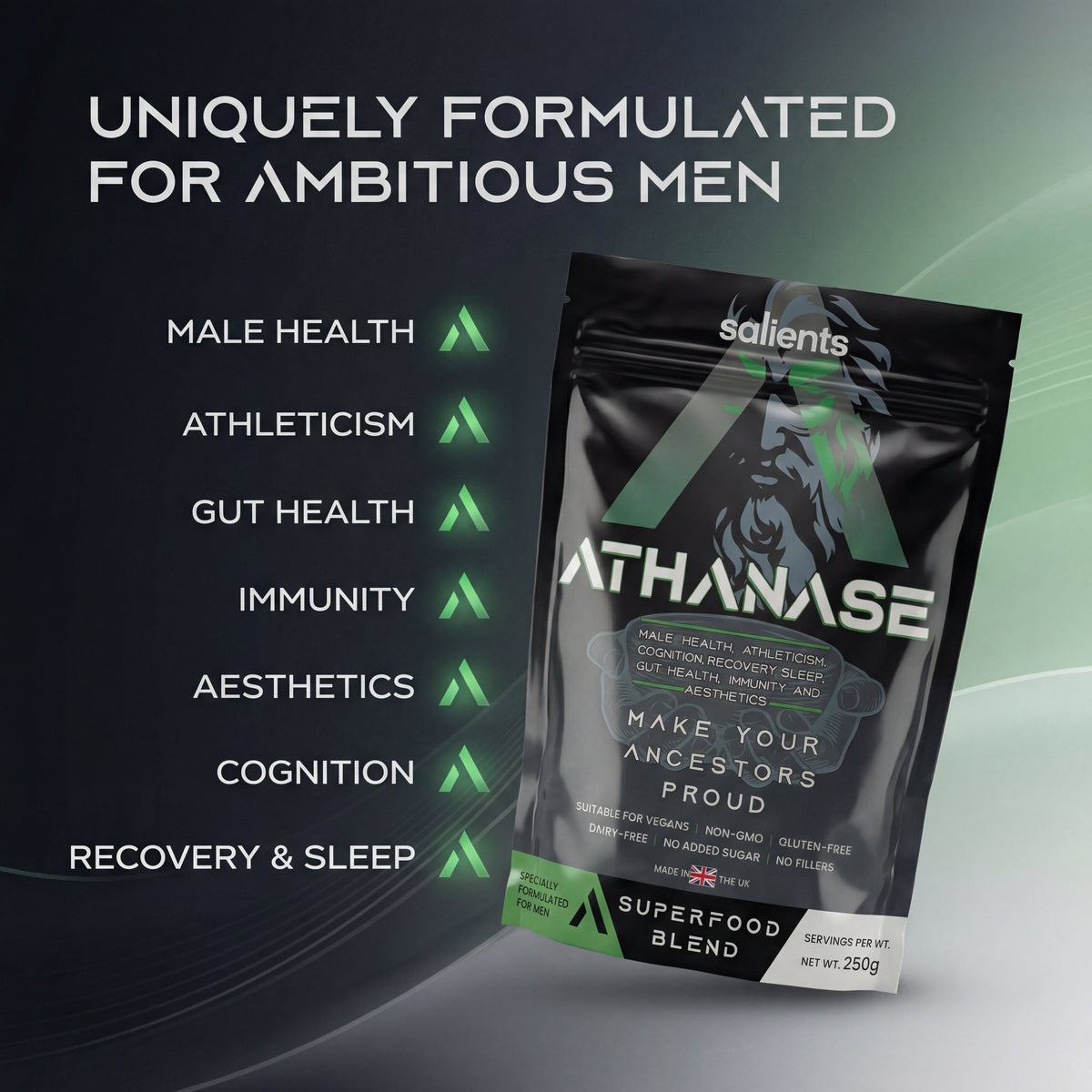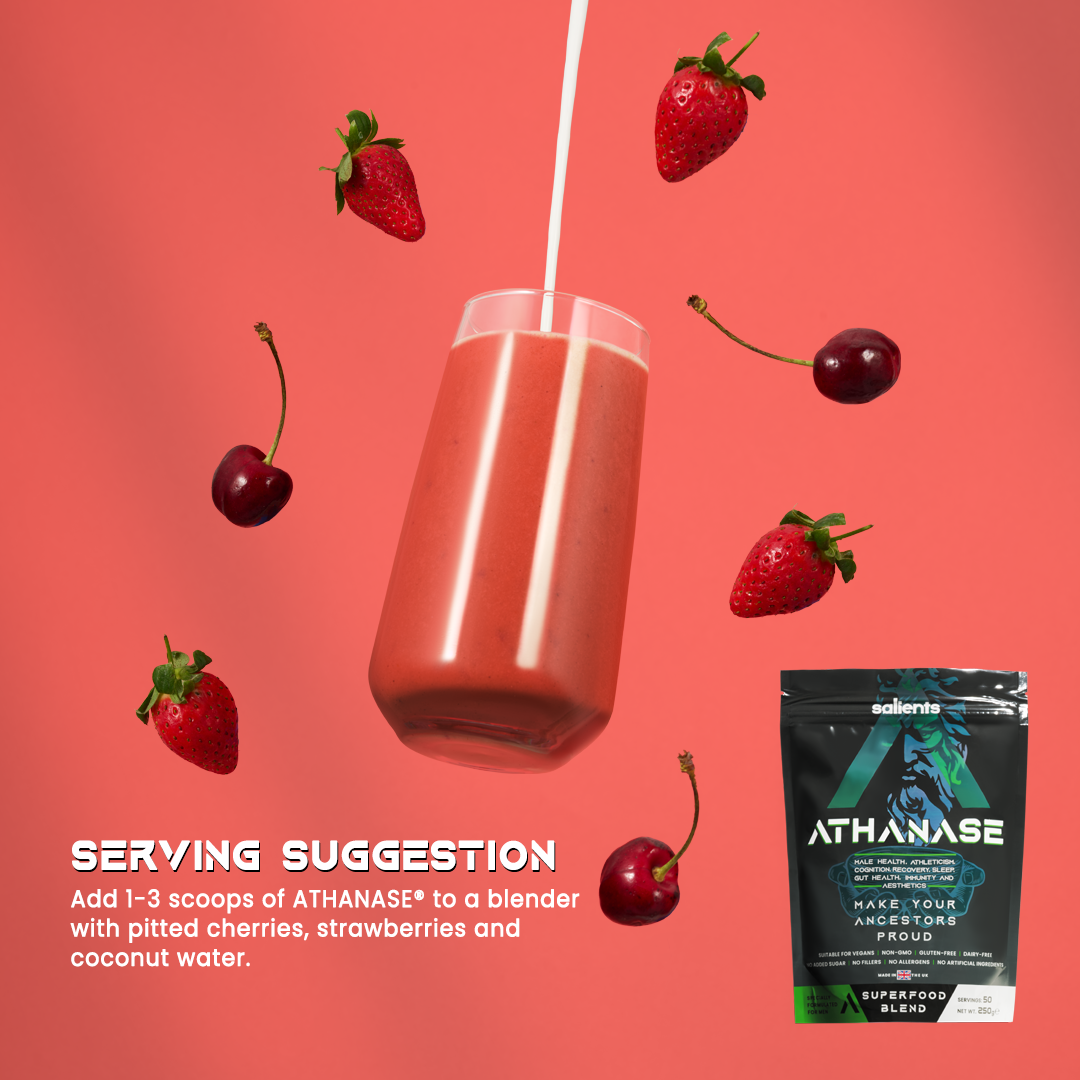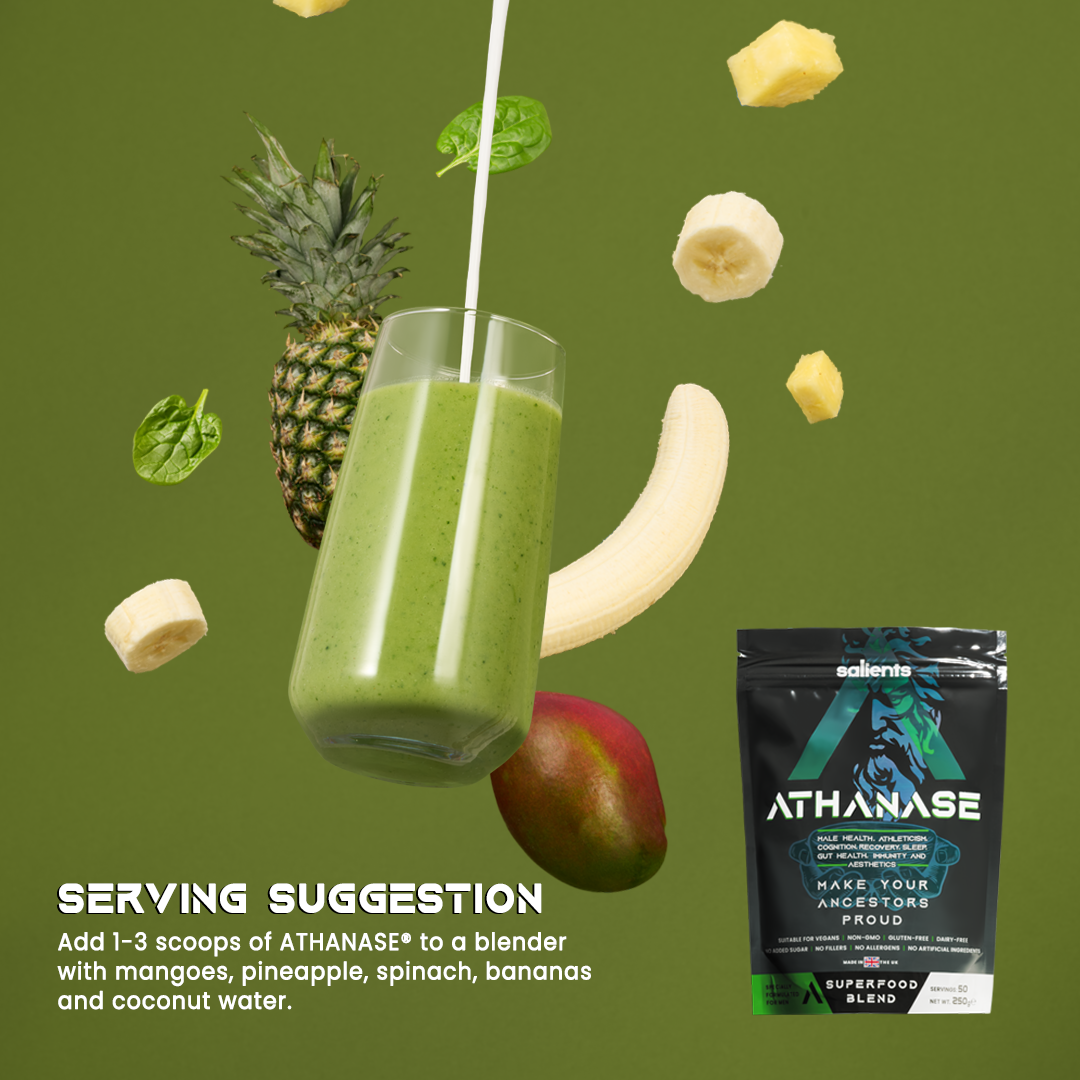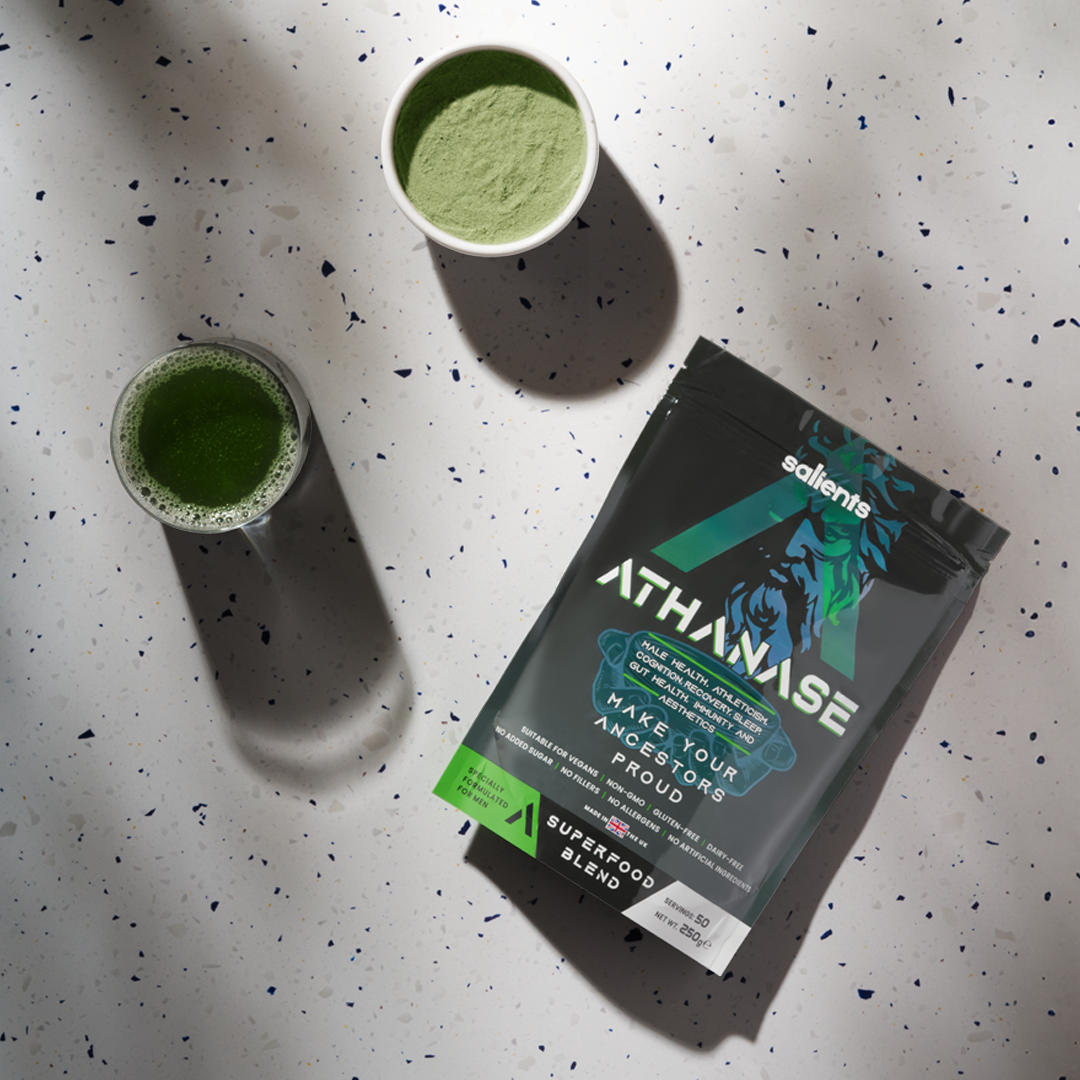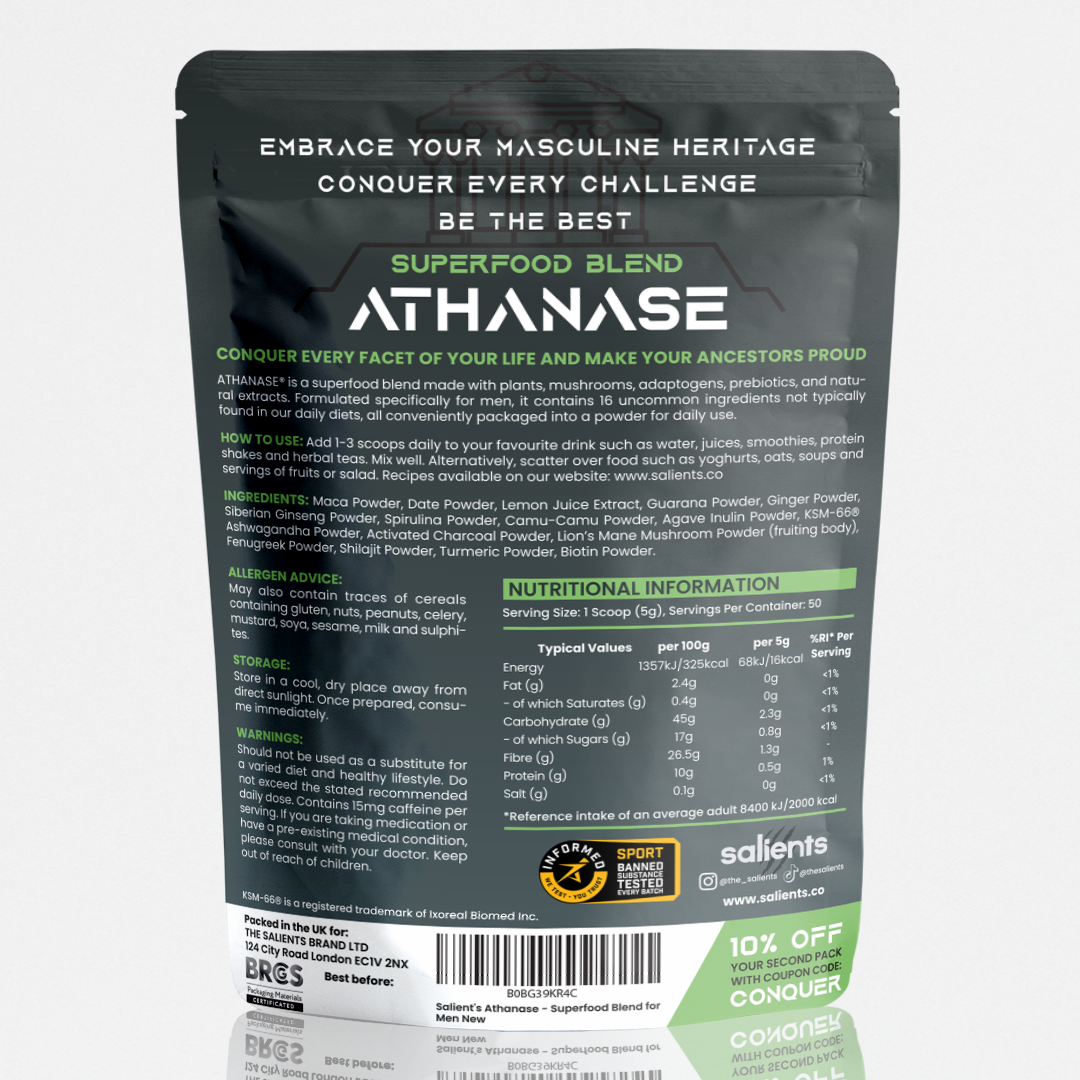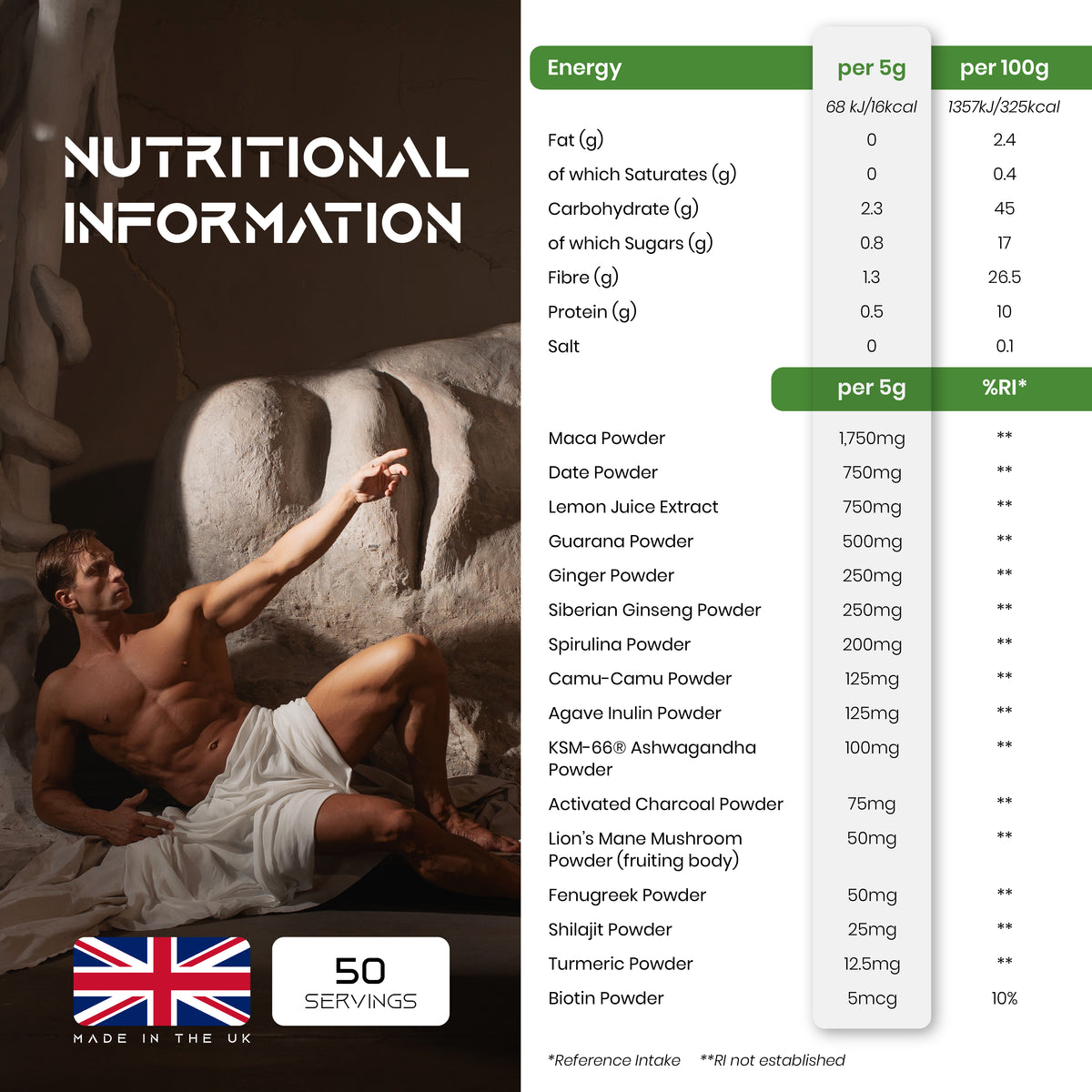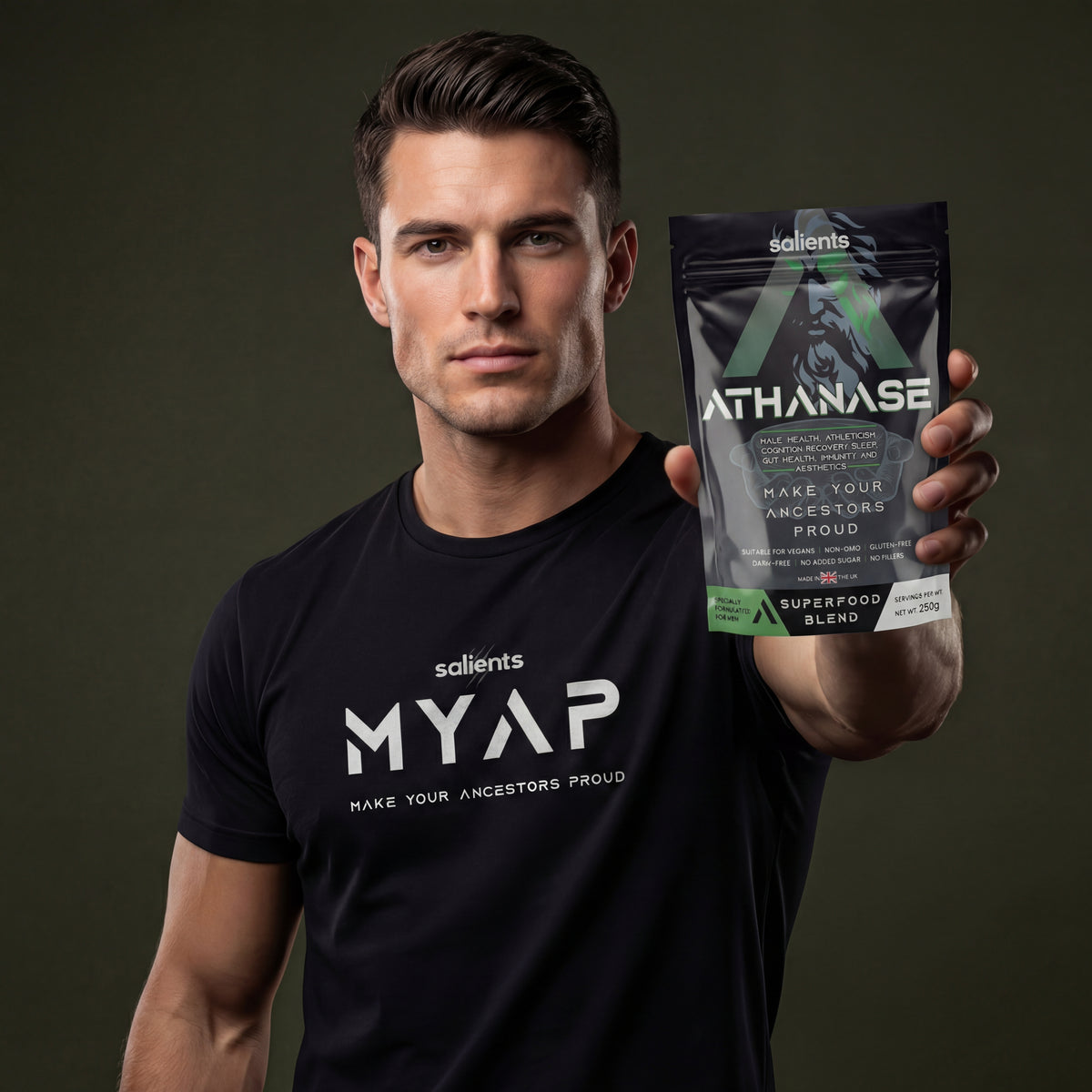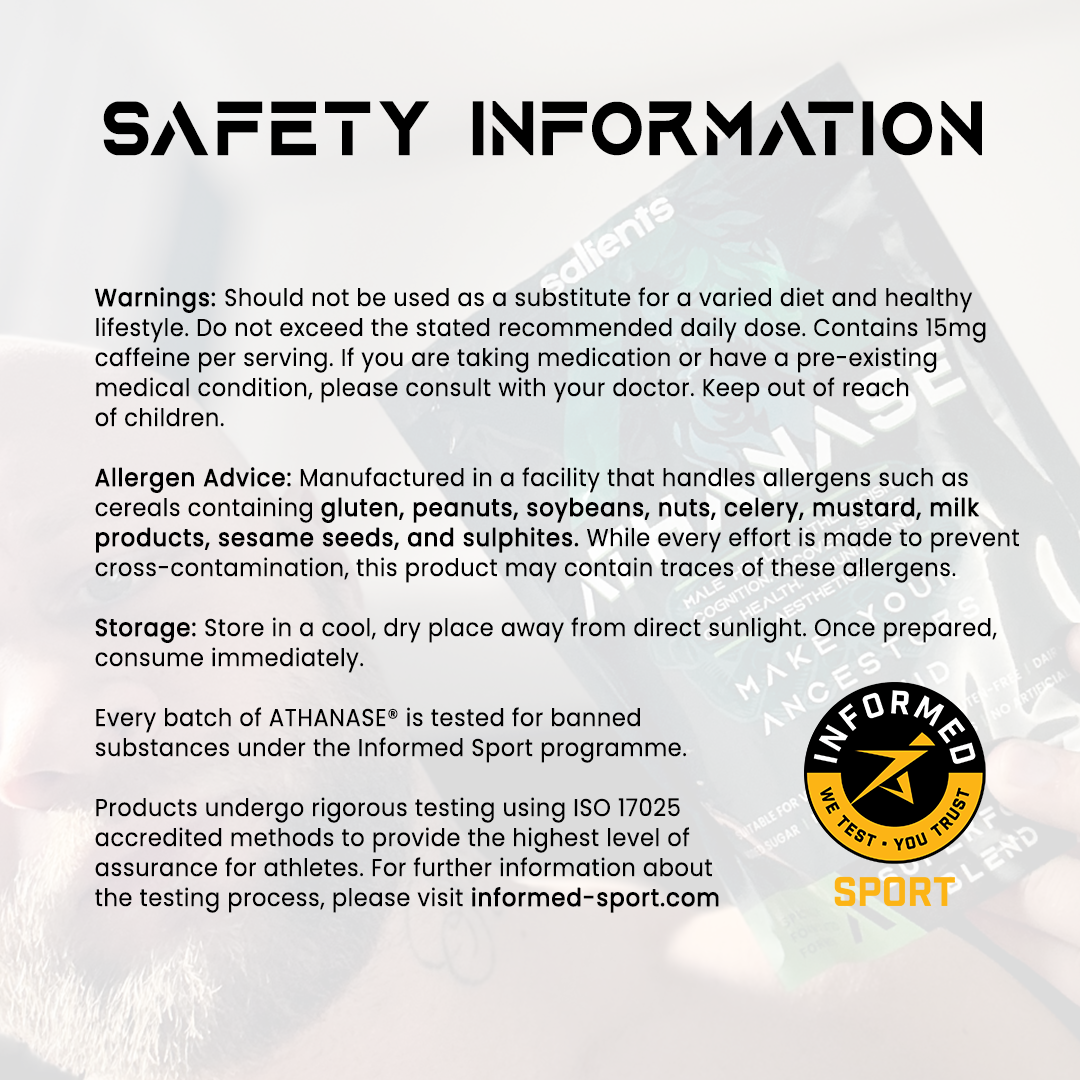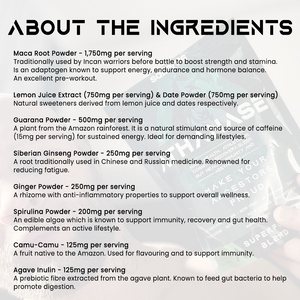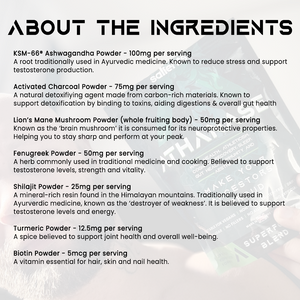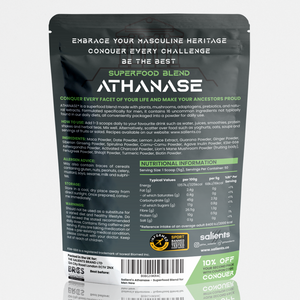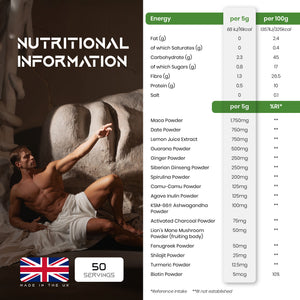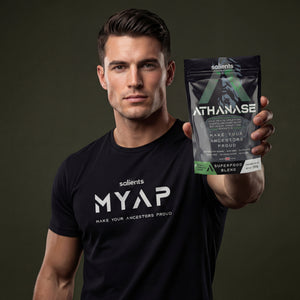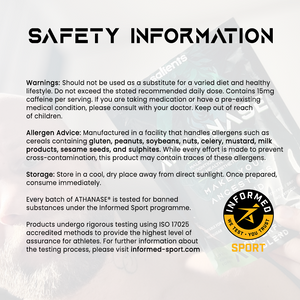Your Cart is Empty
MAKE YOUR ANCESTORS PROUD | FREE SHIPPING ON ALL UK AND US ORDERS
MAKE YOUR ANCESTORS PROUD | FREE SHIPPING ON ALL UK AND US ORDERS
The Influence of Psychology on our Testosterone
by The Salients February 21, 2024 3 min read

In modern society, the average 22-year old man now has the same testosterone levels as a 67-year old. Testosterone significantly impacts male health, influencing physical strength, mental well-being, and can even contribute towards societal trends & political beliefs.
In this article, we introduce some links between our psychological states, behaviours, and testosterone levels, offering us natural pathways to influence & normalise the presence of this essential hormone.
Competition and Success: The Psychological Boost

Scientific Insight: Research, such as the study by Mazur and Booth (1998), demonstrates that anticipation of competition and the experience of winning can surge testosterone levels. The opposite is also true, losers in a competition would see a decrease in testosterone. This response highlights the hormone's responsive role in enhancing focus, energy, and aggression, traits beneficial for success in competitive and achievement-oriented contexts.
Practical Example: Actively participate in competitive sports (ideally fighting) or set and achieve professional milestones. Celebrating your victories reinforces the psychological benefits of achievement, which, in turn, can naturally elevate your testosterone levels.
Risk-Taking Behaviours: Embracing the Unknown

Scientific Insight: The correlation between risk-taking and higher testosterone levels, as observed in Coates and Herbert's (2008) study on financial traders, reflects the evolutionary advantages of risk-taking in survival and social dominance.
Practical Example: Challenge yourself with new activities that push you out of your comfort zone, such as public speaking, starting a new business, approaching a woman, learning a new skill or engaging in adventure sports. These experiences not only enrich your life but also prompt your body to potentially increase testosterone production in response to new perceived challenges.
Physical Exercise: More Than Just Muscles

Scientific Insight: Intense physical activity boosts testosterone levels, with studies like Vingren et al. (2010) highlighting the combined psychological and physiological benefits of exercise on hormonal health.
Practical Example: Diversify your exercise routine to include strength training and high-intensity interval training (HIIT). Beyond physical health, these activities enhance psychological resilience, further boosting testosterone.
Social Dominance and Hierarchies: Navigating the Social Ladder

Scientific Insight: Perceptions of social dominance and success within social hierarchies can affect testosterone levels. Eisenegger, Haushofer, and Fehr (2011) discuss how testosterone influences social behaviour, suggesting a feedback loop between social status, behaviour, and hormone levels. Higher social status is often associated with higher testosterone.
Practical Example: Be the man who actively takes on more responsibility in life, who seeks out leadership roles and aims to build his social status. Success in social dynamics can lead to a positive hormonal response, benefiting both social and hormonal health.
Stress Management: The Hormonal Balance

Scientific Insight: Chronic stress is known to elevate cortisol levels, a hormone released by the adrenal glands in response to stress. Cortisol has a catabolic effect and can influence various bodily functions, including metabolic processes, immune responses, and hormonal balances. Elevated cortisol over long periods is detrimental to testosterone production due to the body's hormonal feedback mechanisms.
One study that illustrates the interplay between cortisol and testosterone is by Cumming et al., which found that administration of glucocorticoids (a class of steroids to which cortisol belongs) could suppress plasma testosterone levels in men. This study is significant because it provides direct evidence of how cortisol can negatively affect testosterone levels.
Practical Example: Implement stress-reduction practices like meditation, yoga, or engaging in enjoyable hobbies, alongside an effective diet, regular physical activity and optimal sleep. Effective stress management is key to hormonal balance and overall well-being.
References:
Mazur, A., & Booth, A. (1998). Testosterone and dominance in men. Behavioral and Brain Sciences, 21(3), 353-363.
Coates, J.M., & Herbert, J. (2008). Endogenous steroids and financial risk taking on a London trading floor. Proceedings of the National Academy of Sciences, 105(16), 6167-6172.
Vingren, J.L., Kraemer, W.J., Ratamess, N.A., Anderson, J.M., Volek, J.S., & Maresh, C.M. (2010). Testosterone physiology in resistance exercise and training: The up-stream regulatory elements. Sports Medicine, 40(12), 1037-1053.
Eisenegger, C., Haushofer, J., & Fehr, E. (2011). The role of testosterone in social interaction. Trends in Cognitive Sciences, 15(6), 263-271.
Cumming, D.C., Quigley, M.E., Yen, S.S.C. (1983). Acute suppression of circulating testosterone levels by cortisol in men. Journal of Clinical Endocrinology & Metabolism, 57(3), 671-673.
The World's First Superfood Blend For Men
ATHANASE
2243 reviews
£28.00
MAKE YOUR ANCESTORS PROUD® with ATHANASE®. A blend of herbs specially formulated for men, to help conquer 7 areas:
| |
MALE HEALTH |
| |
ATHLETICISM |
| |
MOOD & COGNITION |
| |
RECOVERY & SLEEP |
| |
GUT HEALTH |
| |
IMMUNITY |
| |
AESTHETICS |
As seen in Men's Health Magazine and Certified by Informed Sport.
I
Ian Bryer Great Product
Been using this product about 2 weeks and already feeling the benefits
R
Richard Rough taste but mixed with electrolytes or juice its fine. Amazing product for increasing strength and recovery when hitting the gym daily🤘🏼
J
Jordan Brennan Athanase
Fantastic product. Feel the effects pretty quickly. Unexpected improvement in stamina.
I
I Y Athanese
Really good product, stopped using for a week to see if there was any difference and definetly noticed the difference it had been making. I felt less tired throughout the end of the day when taking it.
J
James Green Best on the market
Tastes horrible but with electrolytes and creatine then bobs your uncle
Select a purchase option to pre order this product
Countdown header
Countdown message
Countdown message
DAYS
:
HRS
:
MINS
:
SECS

